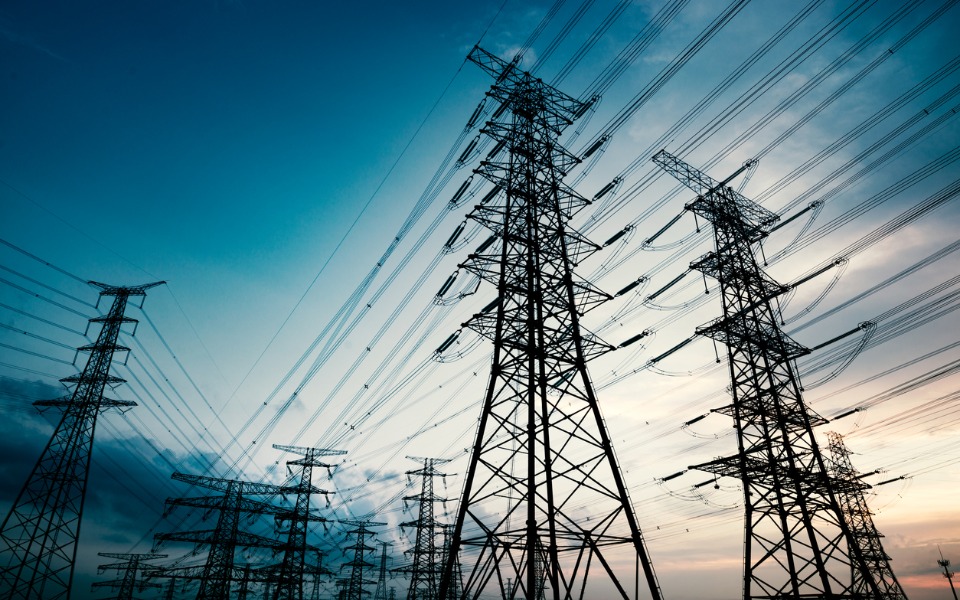
Despite being a power surplus state, why is TN facing frequent power cuts?

The lockdown caused by the pandemic has forced many to work from home. With schools closed, children too are at home attending online classes. On the face of it, whole thing looks safe and convenient. But, frequent power cuts have made many lives miserable.
Frequent power cuts are not just being experienced in cities like Chennai and Coimbatore, but also in districts such as Dharmapuri and Krishnagiri.
While outages are intermittent in urban areas, ranging from half hour to an hour, the situation is much worse in rural areas where the power cuts range from four to six hours a day.
The state has diversified electricity generation—it gets 28% from coal based thermal stations, 5% from nuclear plants, 3% from gas fired power plants and 50 % from renewable energy. According to Central Electricity Authority’s 2019 memorandum the hydro power too is considered as renewable energy source.
The Tamil Nadu Generation and Distribution Corporation (TANGEDCO) has an installed capacity of 31,894 MW which includes state, Central and private power resources. Of these, it has a capacity of generating 15,779 MW of power from renewable sources, such as windmill, solar and biomass plants.
According to policy note for energy for 2020-2021, the power demand of the state as of April 2019 was about 16,000 MW. In February this year, P. Thangamani, minister for electricity said that in May the power demand is estimated at 17,500 MW and there is sufficient supply to meet the demand.
In March this year, the power demand fell to 11,000 MW during first round of lockdown. In April, it further declined to 7,000 MW, almost half the demand compared to last year. In May, because of relaxations the demand went up to more than 14,000 MW.
Even though there are some lockdown relaxations, many industries have not yet started their operations fully. So logically there should be surplus power and therefore no outages, but that is not the reality.
People in the know of things allege that the department is creating an artificial scarcity to compensate for its revenue losses.
“Domestic electricity sales are non-profitable. Only if they manage to sell power to industries the department can earn profits. But during the lockdown, only domestic sales are possible,” said S. Gandhi, president, Power Engineers Society of Tamil Nadu. This is because power is heavily subsidised for domestic consumption.
“Only when the industries operate, the subsidies could be compensated. So they try to reduce the consumption by reducing the sales,” he says.
When we say surplus power, it is for a particular period, says K. Vishnu Mohan Rao, a power sector researcher at Citizen Consumer and Civic Action Group.
“When industrial consumption fell due to lockdown, the generation too came down. The power generation plants in Thoothukkudi were closed for maintenance for a while as well,” Rao said.
Besides the government also purchases power from the open market. In normal times government would purchase power and distribute, so “we may believe that there is power surplus”, Rao says.
But during the pandemic the state might have decided against buying power from outside and rather manage internally and save costs. “So the state would try to deal with the power it has in its hands,” he said.
Rao said the Delta region, where agriculture is the mainstay, did not suffer any power cut. It is only non-agricultural and non-industrial districts that is facing the brunt of the problem, he added.
Arul Selvan, honorary secretary, Tamil Nadu Power Engineers Organisation, believes that one of the reasons for power cuts could be due to shortage of power purchases.
“When the government claims that it is a power surplus state, people normally tend to believe that the state must be generating huge surplus and is in a position to export to other states. In reality that is not the case,” says Selvan.
He says, what the government actually means is that it has the capacity to buy power from other states and distribute if there is such a demand. In reality what might have happened is that the government might have cut back on power purchase and it would have resulted in shortages, resulting in power cuts, he explained.
Pankaj Kumar Bansal, chairman, TANGEDCO refuted all this and said, “there are no power cuts in the state. Whatever cuts you find are related to general, routine, maintenance and breakdown works, which happens in any system. If you find any specific case, you can send it to us and we will get it checked,” he told The Federal.


